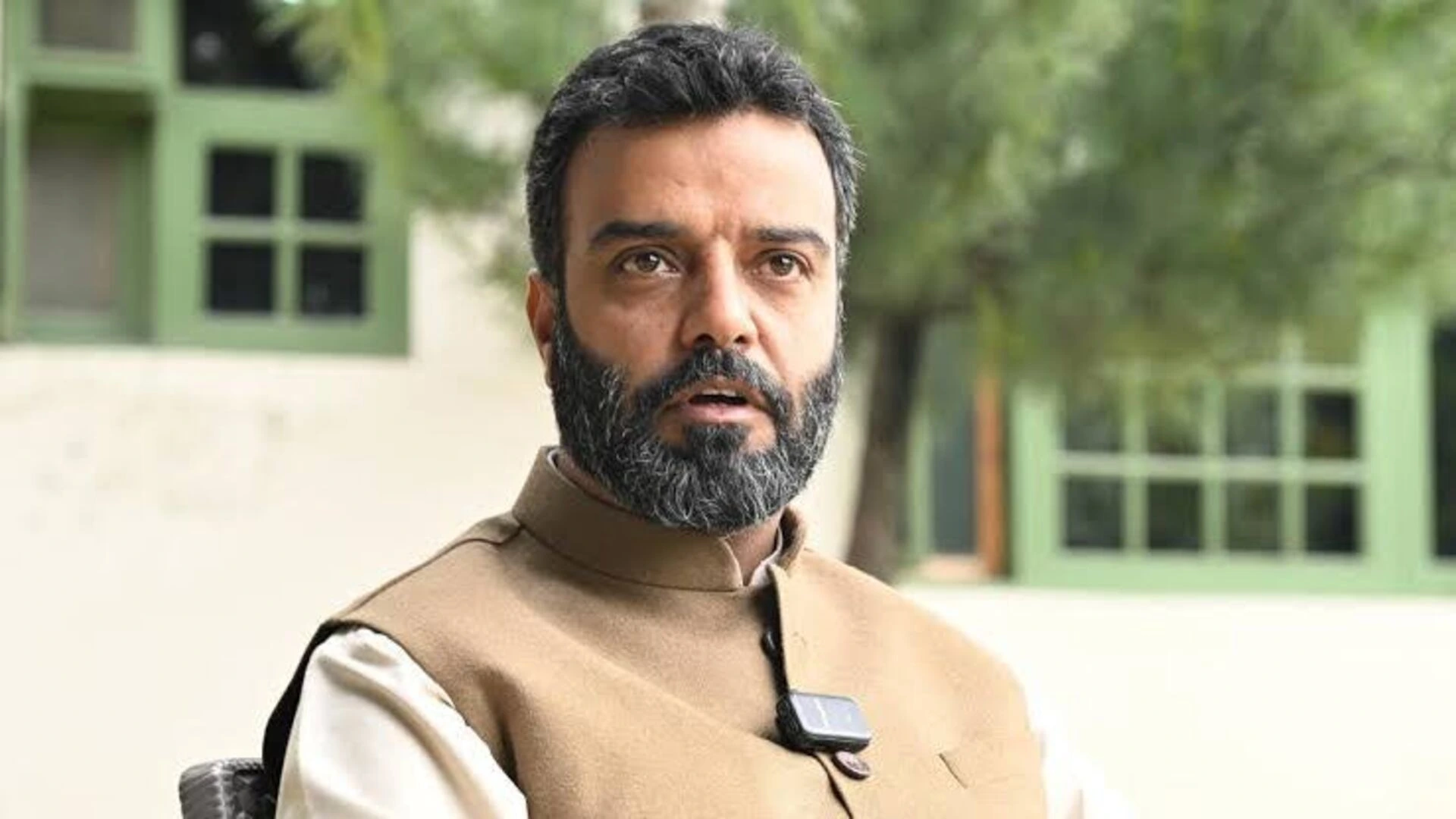In 2016, in the Biyanli village of Uttarakhand’s Garhwal district, the 165 lives changed forever. They encountered the vision of two “Teach for India” fellows—one was an engineer-turned-educator, and the other was an economist-turned-social entrepreneur. Both envisioned setting up a school or learning centre for children in inaccessible rural pockets of India.
Soon after, Shaivya Rathore and Pratul Narayan Singh marketed their programme to acquire 15 volunteers from across the globe to join their educational drive. The two also got shortlisted for the International Antarctic Expedition in 2016, which was headed by the iconic polar explorer Robert Swan. The expedition comprised of a journey to Antarctica to gain leadership and as a result, Robert Swan and two other leadership coaches partnered with Shaivya and Pratul in order to provide the leadership resources for their volunteers. And hence, the Base Camp Education Foundation (BCEF) was born.
With a unique formulation of teaching, community engagement, leadership and trekking, this “leadership in the hills” community teaching initiative has been a success right from their inaugural programme, which ran in May 2016 and impacted 60 students. Four years hence, the two are on their way to running summer and winter leadership programmes in Biyanli while furthering the global volunteer outreach of what was once a mere vision.
What sets BCEF apart as a non-profit rural educational drive is the fact that it goes beyond full-time engagement programmes in urban slums to global, volunteerled programmes in rural areas where an annual sustenance of such programmes is highly challenging. Coupled with leadership and adventure, the composite mix that forms the crux of Shaivya and Pratul’s foundation has several implications.
To begin with, not only is education delivered to rural pockets of India through an aptly skilled and international pool of volunteers; but it is done so in a way that benefits thoroughly from its rural setup while also giving back to nature. In other words, while teaching and leadership might be known components to several educational drives worldwide, BCEF excels in its ideals of trekking and community engagement as a result of which, its participants and volunteers are made to conduct their teaching and learning activity in close synchronisation with the mountainous habitat in which BCEF operates.
Several scholars have developed a powerful critique of the patronising ethos that goes almost complimentarily with the act of volunteering, which acquires a patronising undertone with its entitlement to ‘empower’ the subjects that it targets. Not only does this evade the core principle of selflessness, but also creates an almost imperial power dynamic between the giver and taker by placing them on two subsequent moral planes. The BCEF operates through an alternative method altogether.
In encouraging international volunteers to contribute towards bridging the education inequity in poorly accessible villages such as Biyanli, Pratul and Shaivya persevere a model of volunteering that is as giving as it is demanding of the volunteer. In Shaivya’s words, “Students from across the globe not only want to explore new places and countries but also immerse themselves in the local culture and communities. What better than tapping such students for the betterment of inaccessible villages where the quality of education is even lower than normal!” In other words, not only do BCEF volunteers help educate rural residence, but also grasp leadership training and trekking experiences in the process.
The active coupling of teacher-training with teaching practice compels BCEF volunteers to spend the first half of their day getting trained and the second half of the day delivering lessons. Moreover, the recruitment of volunteers is a highly selective one wherein they are picked from a vast talent pool through various levels of expertise and institutional frameworks, such as IIT, IIM, NMIMS, among others. This gives the volunteering programme a more professional edge.
Urvashi is a writer, blogger.







